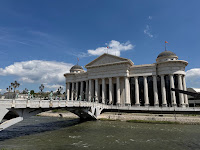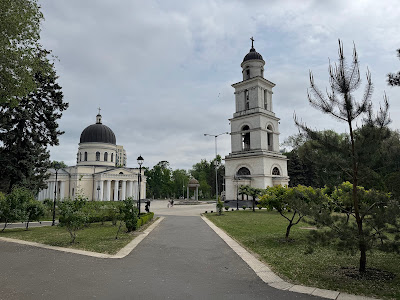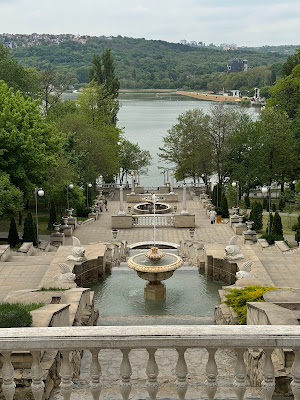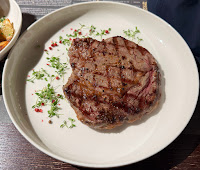Recovering Macedonian national identity from history - a necessary prerequisite to statehood - is like extracting a metal from ore.
Sure, it is there, clearly visible in rich cultural veins that run through the civilisational bedrock of the Balkans, glinting in the sunshine. But it never really existed in purified, unsullied form - or hasn’t done so for millennia - and extrication necessarily destroys the structures within which it is suspended.
Its instantiation in a modern state is beset by wickedly hard problems. These problems are common across the Balkan peninsula but, I think, nowhere more concentrated.
In the Balkans there are no friends just common interests and alliances of convenience …a complex web of limited cooperation within a general atmosphere of enmity. Groups A and B coordinate action against C on one issue, while Groups A and C work together in their conflict with B on another issue, as Groups B and C fight as one against A on yet another.
Conflicts exist over recognition of Macedonian statehood, legitimacy, ascension to NATO, the EU, and the Eurozone, even its name and the name of the capital Skopje. Macedonians have made a lot of compromises and I feel for them.
The utter levelling of old town Skopje by earthquake in 1963 hasn’t helped. Major new constructions are a sickly mix of 18th and 19th century European architecture, more like homage than expression of style. It lacks integrity and feels like it’s trying too hard to prove something.
Similarly, the grandiosity of the 22m statue of Alexander the Great astride a rearing horse, sword held aloft, leaves me cold. It imitates classical realism except for the horses genitals which, like on a Ken doll, are muted in deference to modern, puritanical sensibility.
That compromise, the castration and penectomy of the great bronze horse, says it all really.
To survive and thrive Macedonia needs to be in the EU. I hope its neighbours allow that to happen fast and it finds its self-confidence.






























